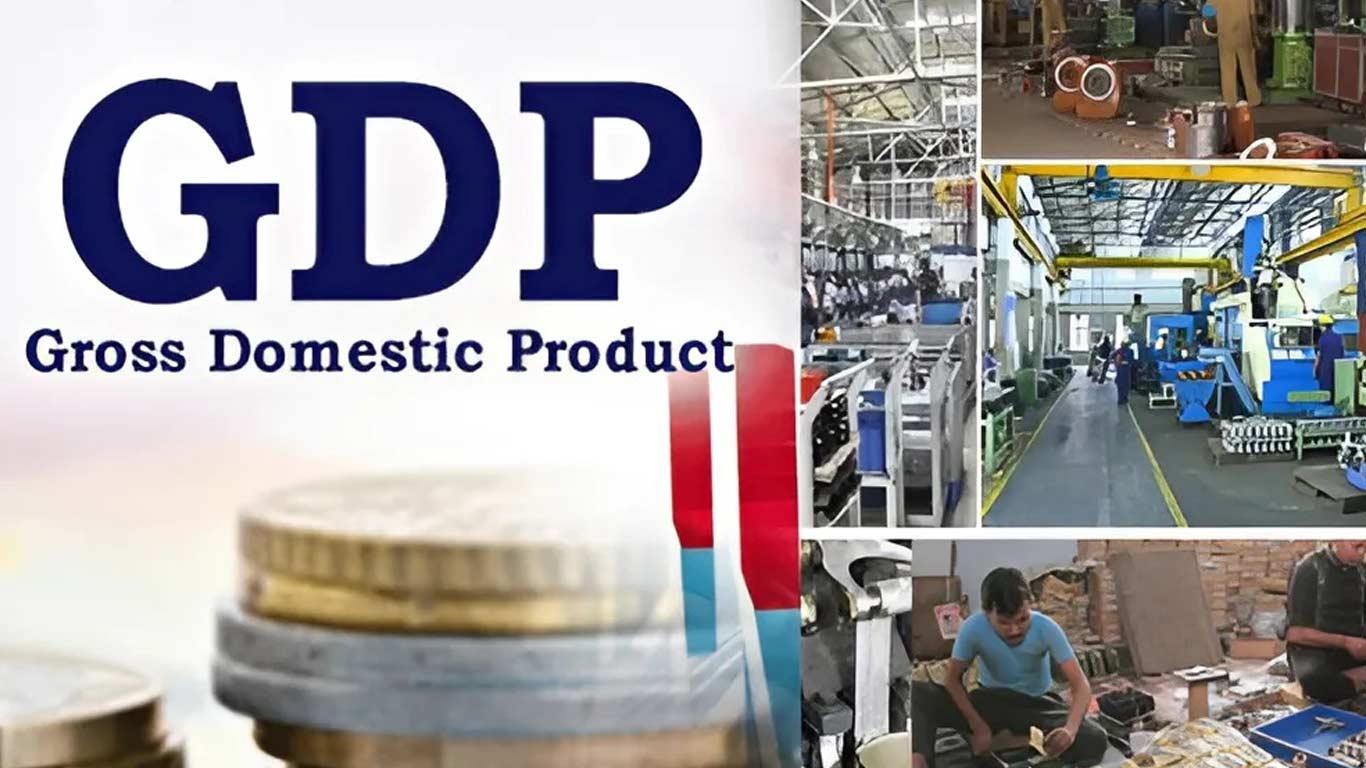
Msmes Struggle As India's Q2 Growth Slowdown To 5.4 Pc
India's economic growth has decelerated to 5.4 per cent in Q2 FY25, marking a seven-quarter low and a substantial decline from 8.1 per cent in the corresponding period last year and 6.7 per cent in the previous quarter.
This slowdown in the world's fifth-largest economy has particularly impacted the Micro, Small, and Medium Enterprises (MSME) sector, which had previously benefited from post-pandemic demand recovery.
The MSME sector, a crucial pillar of India's economy contributing 40 per cent of manufacturing output and 40 per cent of exports while employing 22 crore people, is grappling with mounting challenges.
These businesses face a triple threat of escalating costs, weakening demand, and limited access to affordable financing, leading to a pronounced downturn in their operations.
Former Reserve Bank of India Governor Shaktikanta Das, in his Monetary Policy Committee statement on December 5, highlighted the widespread industrial challenges facing the economy.
Manufacturing growth has been particularly sluggish at 2.2 per cent, with Das pointing to weather-related disruptions, financial market volatility, and geopolitical tensions as key risk factors for inflation.
He expressed concern that rising protectionist tendencies could further dampen global growth prospects while exacerbating inflationary pressures.
Despite periodic interventions by the Reserve Bank of India and the government, the credit gap for MSMEs continues to widen. While the government's budget included provisions for MSME credit guarantees, implementation has lagged.
Industry experts emphasise that without access to affordable funding, MSMEs will struggle to meet supply demands and capitalise on potential market opportunities, suggesting the need for reduced interest rates or subsidies for domestic players.
The situation has reached a critical point, as evidenced by recent statements from Director General of Foreign Trade Santosh Kumar Sarangi.
Speaking on Wednesday, Sarangi revealed that the commerce department faces ongoing challenges in convincing the finance ministry about the importance of the Interest Equalisation Scheme (IES) and its role in maintaining manufacturing competitiveness.
Studies indicate that high collateral requirements imposed by financial institutions remain a significant barrier for MSMEs seeking to access institutional finance and expand into export markets.
(KNN Bureau)
Legal Disclaimer:
MENAFN provides the
information “as is” without warranty of any kind. We do not accept
any responsibility or liability for the accuracy, content, images,
videos, licenses, completeness, legality, or reliability of the information
contained in this article. If you have any complaints or copyright
issues related to this article, kindly contact the provider above.






















Comments
No comment